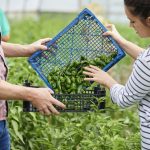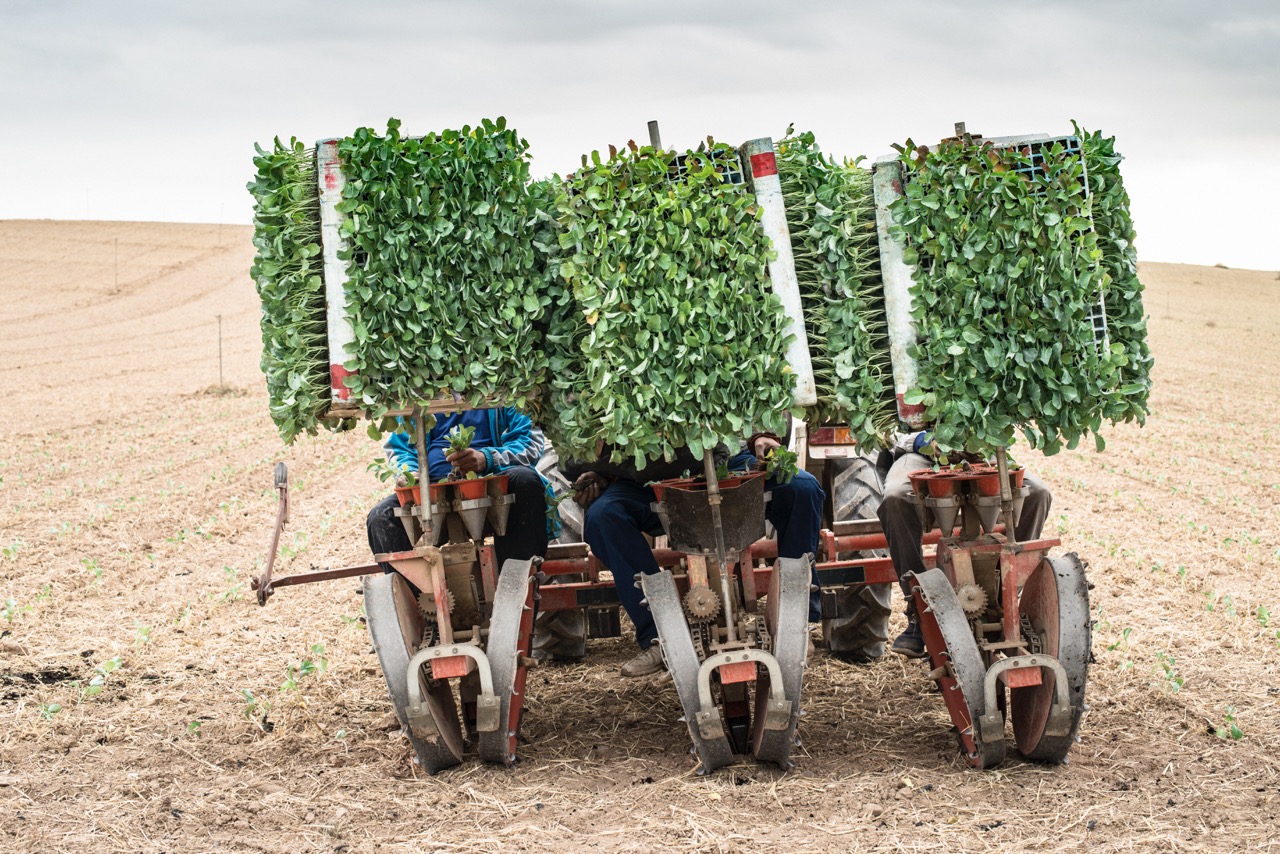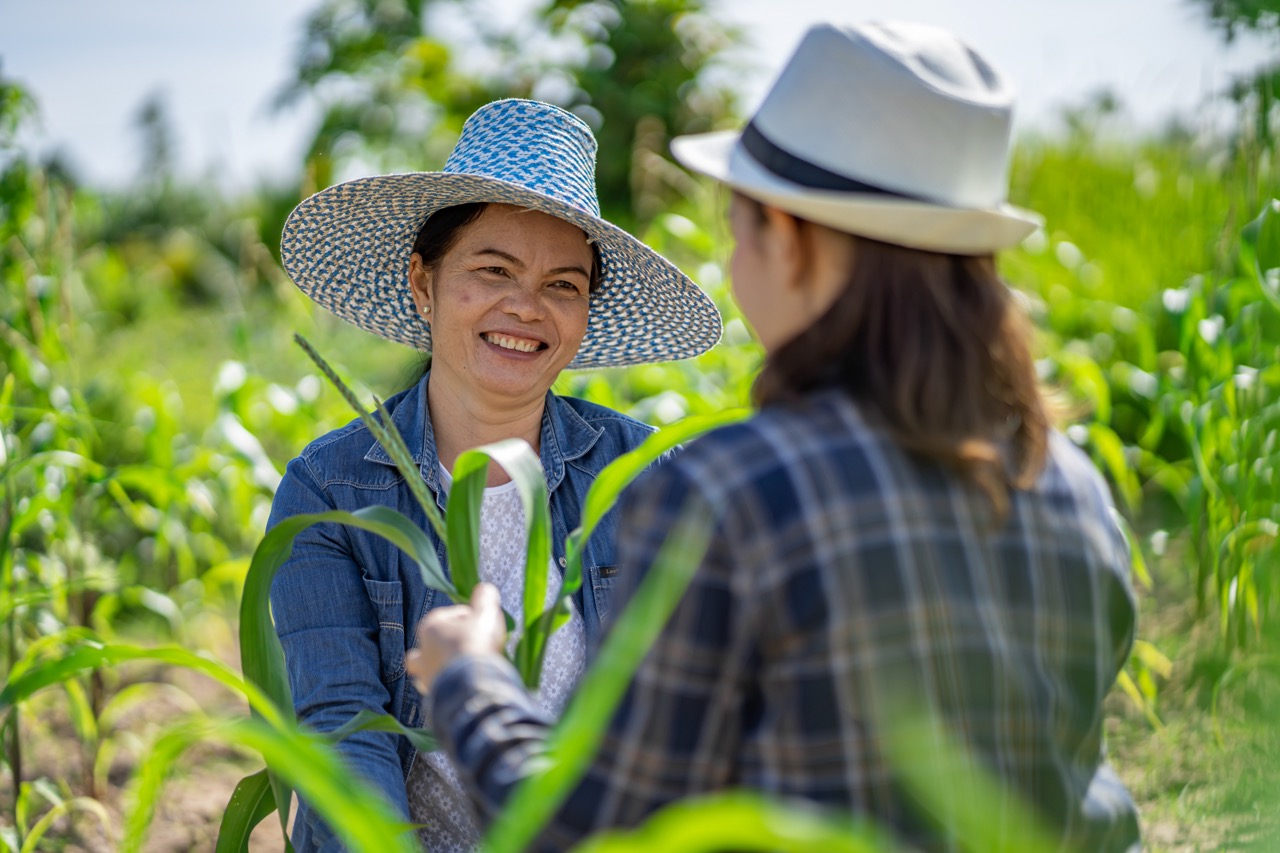The agricultural landscape is undergoing a radical transformation, driven by the advent of precision agriculture. This innovative approach utilizes cutting-edge technologies and data analytics to optimize farming practices, ensuring that resources are used more efficiently while enhancing crop yields. As the global population continues to grow, the demand for food increases, pressuring farmers to adopt methods that not only meet this demand but also promote sustainability. This article delves into the rise of precision agriculture, the technologies fueling its growth, its impact on crop yields and sustainability, and the challenges and prospects that lie ahead.
The Rise of Precision Agriculture: A New Era in Farming
Precision agriculture emerged in the late 20th century as a response to the limitations of traditional farming practices. Farmers began to realize that a one-size-fits-all approach to crop management was inefficient and often detrimental to the environment. The integration of technology into farming operations marked a significant shift, enabling farmers to collect and analyze data more effectively. This new era in farming has been characterized by a focus on individual field variability, allowing for targeted interventions that optimize inputs like water, fertilizers, and pesticides.
As awareness of climate change and resource depletion grows, precision agriculture has gained traction among farmers aiming to adopt more sustainable practices. By utilizing technology to make informed decisions, farmers are now able to reduce waste, minimize environmental impact, and enhance productivity. Moreover, as the agricultural sector faces challenges such as soil degradation and pest resistance, precision agriculture offers solutions that align with the goals of sustainable development and environmental stewardship. The result is a farming paradigm that not only seeks to increase yield but also addresses broader ecological concerns.
The global adoption of precision agriculture is also being fueled by the increasing availability of affordable technology and the proliferation of mobile devices. Farmers, regardless of their size or location, now have access to tools that were once reserved for large corporate agribusinesses. This democratization of technology has empowered more farmers to engage with precision methods, leading to a significant shift in agricultural practices worldwide. As precision agriculture continues to evolve, it stands poised to redefine the industry and drive it toward a more sustainable future.
Key Technologies Driving Precision Agriculture Forward
At the heart of precision agriculture is a suite of advanced technologies that enable farmers to monitor and manage their fields with unprecedented accuracy. Geographic Information Systems (GIS) and Global Positioning Systems (GPS) play a crucial role in mapping and analyzing field variability. These technologies allow farmers to create detailed maps that visualize soil types, moisture levels, and crop health, enabling them to make data-driven decisions about where and how to apply inputs.
Drones and unmanned aerial vehicles (UAVs) have emerged as essential tools for precision agriculture, providing real-time aerial imagery and data collection. Farmers can use drones to monitor plant health, assess crop maturity, and detect pests and diseases from above. This aerial perspective enhances the farmer’s ability to spot issues early, reducing the need for widespread chemical applications and allowing for more precise interventions.
Additionally, the Internet of Things (IoT) and sensor technology are revolutionizing how farmers collect data on their fields. Soil moisture sensors, weather stations, and crop health monitors provide continuous data streams that farmers can analyze to make informed decisions. By integrating these technologies, farmers can optimize irrigation schedules, apply fertilizers at the most effective times, and utilize predictive analytics to forecast yields. As these technologies continue to advance, the potential for precision agriculture to enhance farm management becomes increasingly apparent.
Enhancing Crop Yields and Sustainability Through Data
The integration of data analytics in precision agriculture has led to remarkable improvements in crop yields. By analyzing data from various sources—such as satellite imagery, weather forecasts, and soil health metrics—farmers can tailor their practices to the unique conditions of their fields. This targeted approach minimizes resource waste and maximizes output, allowing farmers to produce more food with fewer inputs. As a result, precision agriculture has been linked to increased profitability and improved food security.
Moreover, the sustainability aspect of precision agriculture cannot be overstated. By reducing the over-application of fertilizers and pesticides, farmers can mitigate the negative effects of chemical runoff on local ecosystems. The use of precision irrigation techniques also conserves water, a critical resource in many regions facing drought. This commitment to sustainability not only benefits the environment but also responds to consumer demand for responsibly produced food, reinforcing the marketability of agricultural products.
Data-driven farming also fosters resilience against climate change. By leveraging predictive analytics, farmers can better prepare for extreme weather events and adapt their practices accordingly. For example, data can inform crop rotation strategies that enhance soil health and reduce pest pressure in changing climatic conditions. As precision agriculture continues to evolve, its potential to increase yields while promoting sustainable practices will play an essential role in addressing the global challenges of food security and environmental sustainability.
Challenges and Future Prospects for Precision Farming
Despite the numerous advantages of precision agriculture, several challenges remain that hinder its widespread adoption. One major obstacle is the initial investment required for technology and infrastructure. While the long-term benefits may outweigh the costs, many small and medium-sized farms struggle to secure the necessary funding. Additionally, a lack of technical expertise and training can prevent farmers from fully utilizing these advanced tools. The agricultural sector must address these barriers to ensure that all farmers can access and benefit from precision agriculture.
Another challenge is data management and privacy concerns. As farmers increasingly rely on third-party services to collect and analyze data, questions arise about data ownership and security. Farmers must navigate the complexities of data sharing, ensuring that their sensitive information is protected while still gaining insights that can enhance their operations. Establishing clear guidelines and regulations around data use will be crucial in fostering trust and encouraging wider adoption of precision agriculture technologies.
Looking ahead, the future of precision agriculture appears promising. Continued advancements in technology, such as artificial intelligence, machine learning, and blockchain, will further revolutionize how farmers manage their operations. As the global agricultural landscape becomes increasingly interconnected, collaboration among farmers, technology providers, and researchers will be essential. By embracing innovation and addressing the challenges that lie ahead, precision agriculture has the potential to transform the industry, ensuring food security and environmental sustainability for future generations.
In conclusion, precision agriculture is reshaping the agricultural landscape by harnessing technology and data to enhance productivity, sustainability, and resilience. As farmers face mounting pressures to produce more food while minimizing their environmental impact, precision agriculture offers a viable solution that addresses these challenges head-on. While obstacles remain in terms of cost, expertise, and data management, the promise of continued innovation and collaboration will likely propel the sector forward. As we stand on the brink of a new era in farming, precision agriculture holds the key to a sustainable and productive future in agriculture.








